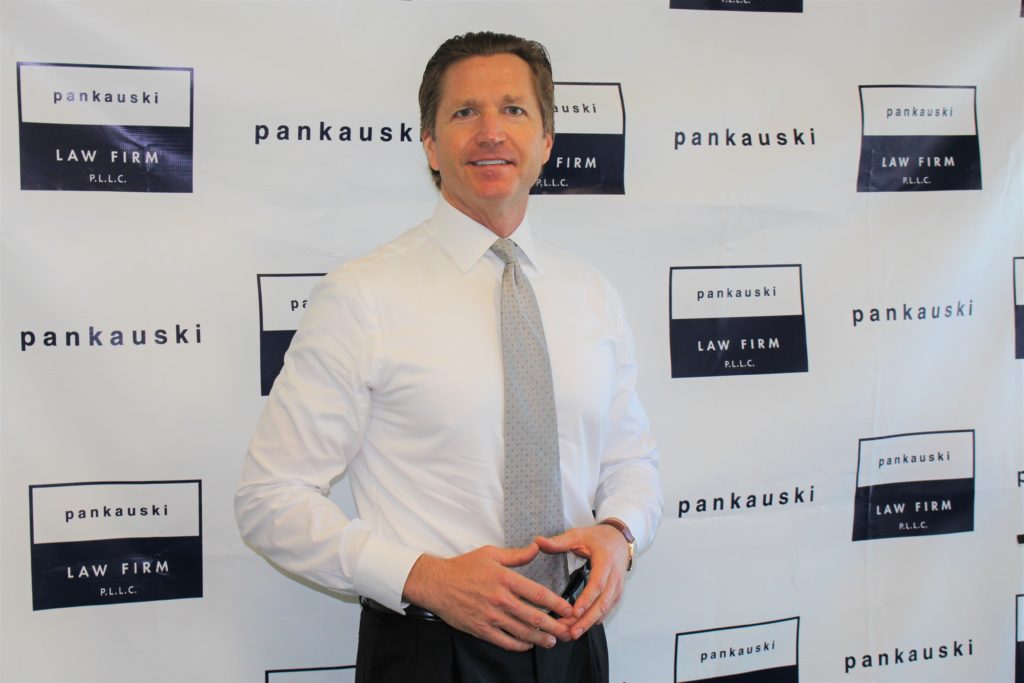Florida Fraud on the Court

An August, 2021 appellate opinion tells you all about Florida fraud on the court. What do you need to know to prove your case? We have previously provided Florida legal commentary about probate fraud. For a free video on CIVIL THEFT, click HERE.

Understanding This Legal Concept — lying and motions
What is Florida fraud on the court? Well, let’s start with fraud. What is fraud in Florida? Think of fraud as a lie. A really bad mis-representation. Meant to deceive. In come contexts, like fiduciaries — like trustees— fraud can be constructive fraud. That’s when one has a duty to disclose or provide information, but they don’t. In Florida, there are many types of frauds and many rules. Fraud on the court, however, is a different type of fraud. If you believe that someone has lied to the court, to the judge, or to you, consider filing a proper motion. A motion has to have the specific lies or frauds and must list why the other side is lying. And what the court should do because of those lies. What do you need to know?
Fraud on the Court in Florida
On August 18, 2021, the 3rd District Court of Appeal released its opinion. Chess v. Sweeney This case dealt with Florida Fraud on the Court. For those who have been lied to in court, you may want to read this case. You may also want to file a motion and alert the judge to this. Below is a list of “must-reads” for this legal topic. A bunch of bullet points you need to know. It’s in plain English and tells you a lot about this legal topic. And remember, that fraud on the court is different than suing for fraud. You have to address this now, in your existing lawsuit.
12 Things You Need to Know
- A lawsuit may indeed be dismissed if the other side engaged in fraud on the court.
- A trial court has the INHERENT authority to punish bad conduct including lies. This includes the power to dismiss a case, or a defense based upon a lie.
- Fraud on the court is defined as conduct of a party that sets in motion “some unconscionable scheme calculated to interfere with the judicial system’s ability impartially to adjudicate a matter by improperly influencing the trier of fact or unfairly hampering the presentation of the opposing party’s claim or defense.”
- There is a higher burden to prove this.
- Clear and convincing evidence is required.
- To learn about evidence, read Chapter 90, Florida’s Evidence Code.
- That means you need an evidentiary hearing. Like a min-trial.
- How many evidentiary hearings has YOUR LAWYER conducted?
- Dismissing a case is the most severe sanction. Even against lying.
- So, understand that most judges are not inclined to dismiss the case.
- So, have a backup plan. Know what sanctions you want to ask for or how much in fees and costs you want.
- A dismissal of the entire case is to be granted only in the “most egregious cases.”